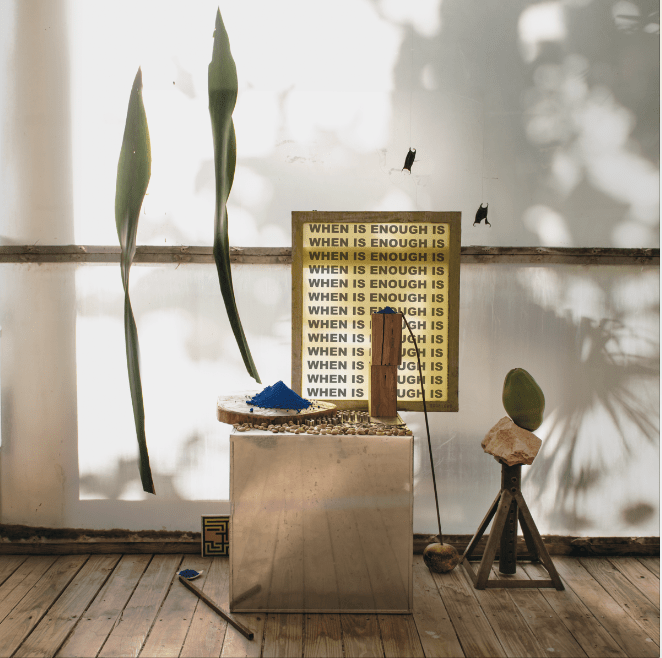When I arrived on Captiva for the Robert Rauschenberg Residency, I felt the weight of the materials I brought with me: camera parts, wires, scraps of plastic, old lenses. I had been tracing the supply chain of my camera: the cobalt mined in the Congo, the silica sands extracted from ancient shorelines, the petroleum-based plastics that never fully degrade. A camera, like any number of tools I took for granted, is a map of extraction. It is a map of labor, of disappearance.
But Captiva is a place where things take on a different rhythm. It slows you down, forces you to notice. The air smells like salt, the light shifts across the water in a way thats liquid, uncontainable. I started thinking about what it means to see, to document, to hold something in an image. What does it mean to extract a moment? What remains outside the frame?
I spent a day taking apart my camera, studying the elements that made them. Holding pieces up to the sun, I saw them as stories. There was poetry in the lens, in the screws, in the tiny circuits soldered together. There was poetry in the way the island itself seemed to resist the logic of industry. The way it eroded, the way it grew back.
I kept coming back to Robert Rauschenberg’s own practice: his way of making, unmaking, assembling, and reassembling. His belief that art could hold contradictions, that it could be a kind of accumulation. I thought about the cameras I was deconstructing, about the way photography both captures and erases. How an image can be a monument, but also a form of forgetting.

I walked the shoreline, collecting things the ocean had thrown back: plastic fragments, driftwood, a shattered lens from someone else’s discarded device. I thought about how these materials carried their own histories, how they had traveled across water, across time. I started weaving them together, making assemblages that felt like a conversation with the place.
By the time I left Captiva, I had a new understanding of what I was looking for. I was tracing a supply chain and also looking for the spaces in between. The moments where things broke down, where they became something else. I was looking for the poetry that still existed, even in extraction, even in the remnants. Because there still is poetry here. In the materials. In the gaps.


